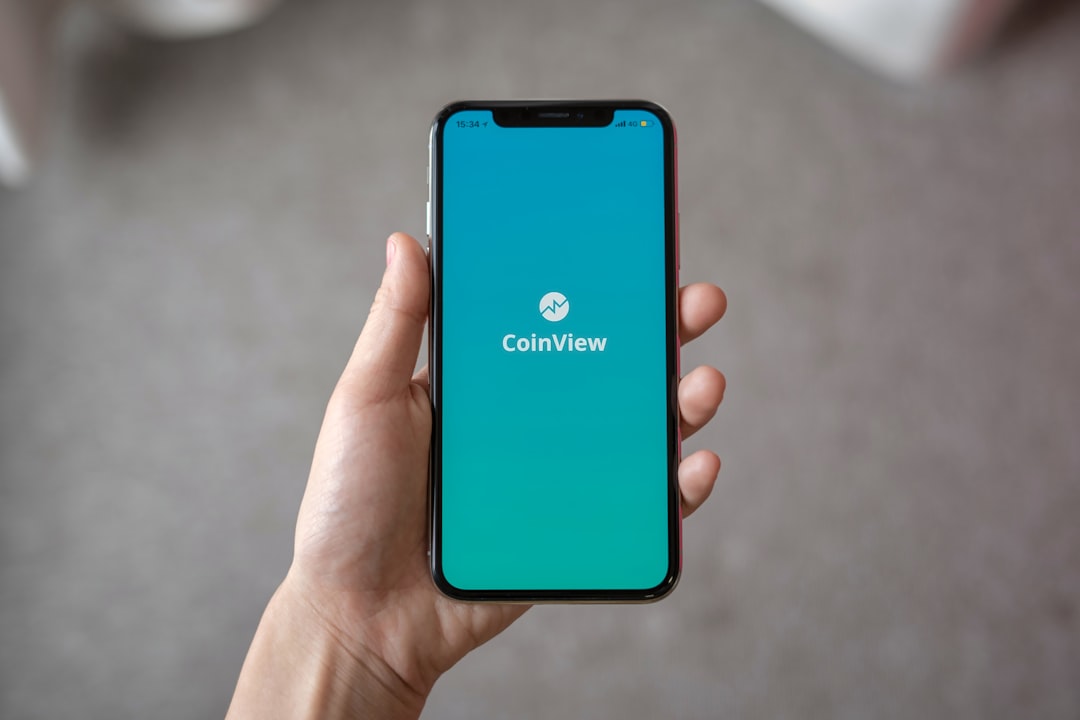Robocalls are a growing problem in Alabama, disrupting daily life and contributing to rising stress levels. While they serve legitimate purposes, excessive or unwanted automated calls violate federal laws like the Telephone Consumer Protection Act (TCPA) and state guidelines. Residents can take action by filing complaints with the Alabama Attorney General's office and consulting legal professionals specializing in consumer rights and TCPA litigation. Strategies include registering on the National Do Not Call Registry, using call blocking apps, and potentially suing for damages per violation, depending on the unique circumstances of each case.
In today’s digital age, robocalls have become a ubiquitous yet unwanted nuisance for families across Alabama. These automated phone calls, often promoting products or services, can disrupt daily life and leave recipients feeling harassed. This article explores the pervasive issue of robocalls, delving into their impact on Alabama families and the legal protections available to residents. We also provide practical strategies to mitigate robocalls and offer insights into the potential for legal action, including whether you can sue for robocalls in Alabama.
Understanding Robocalls: The Modern Nuisance

Robocalls have become a modern-day nuisance, especially for families in Alabama. These automated phone calls, often delivering pre-recorded messages, are designed to reach a wide audience quickly and cost-effectively. While they can be useful for legitimate purposes like political campaigns or customer service updates, robocalls have also evolved into a significant source of harassment. Many recipients feel they invade privacy, disrupt daily life, and even contribute to rising stress levels in an already fast-paced world.
In Alabama, as in many other states, laws exist to protect consumers from excessive robocalls, including the Telephone Consumer Protection Act (TCPA). If you’ve received unwanted robocalls, you may have the right to take action. Understanding your legal options, such as potentially suing for damages, is crucial. Consulting with a legal professional who specializes in consumer rights can help determine if you have a case and guide you through the process of seeking compensation for these intrusive calls.
Legal Protections for Alabama Residents Against Robocalls

In Alabama, residents have legal protections against robocalls, designed to safeguard their privacy and peace of mind. The Telephone Consumer Protection Act (TCPA) is a federal law that prohibits automated or prerecorded calls from being placed to personal phones unless the caller has obtained prior explicit consent. This means that if you haven’t given permission for your number to be used in a robocall campaign, you have legal recourse.
Alabama also follows the TCPA’s guidelines, offering additional protections at the state level. Residents who experience unwanted or unauthorized robocalls can file complaints with the Alabama Attorney General’s office and seek damages, including monetary compensation for each violation. If you’re considering taking legal action against a robocaller, it’s important to understand your rights and whether you can sue for robocalls in Alabama based on the specific circumstances and evidence of the case.
How to Stop and Reduce Robocalls in Your Home

Robocalls can be a nuisance and a significant distraction for families in Alabama, but there are ways to combat them. The first step is to understand that while some robocalls are unavoidable, especially those from legitimate businesses or organizations, many are simply unsolicited marketing calls. You can reduce these by registering your phone number on the National Do Not Call Registry. This federal list restricts telemarketers from calling you without your consent. Additionally, most smartphones have built-in call-blocking features and apps that can help filter out unwanted calls.
Another strategy to consider if robocalls persist is seeking legal recourse. In Alabama, as in many states, there are laws against deceptive or harassing phone calls. If you feel you’ve been targeted illegally by robocalls, consulting with a lawyer who specializes in telecom law or consumer protection could be beneficial. Even the option of suing for robocalls exists, though it should be considered carefully, and you’ll need to gather evidence of the calls’ frequency and nature.
Real-Life Impact: Stories of Alabama Families Affected by Robocalls

The relentless stream of robocalls has become a pervasive issue for families across Alabama, leaving many wondering if they can sue for robocalls in their state. These automated phone calls, often carrying pre-recorded messages or live operators, have disrupted everyday life and left a trail of frustration and confusion in their wake. From missing important work or school calls to being awoken in the middle of the night, the real-life impact on families is significant.
In Alabama, numerous households have shared their experiences with robocalls, highlighting the emotional toll and economic disruption they cause. Some receive calls offering false rewards or scams, while others are plagued by persistent political or telemarketing messages. These stories reveal the human cost of automated calling, where peace of mind is shattered and families feel a loss of control over their personal space. With each missed opportunity for genuine communication, the connection between family members and their community at large weakens, underscoring the importance of addressing this growing problem.
Can I Sue For Robocalls in Alabama? Exploring Legal Options

In Alabama, as in many other states, robocalls have become a pervasive and often annoying issue for families. While many people resort to blocking numbers or using call-blocking apps, there’s another avenue that remains unexplored by many: legal action. Can you sue for robocalls in Alabama? The short answer is yes, but it depends on the circumstances. If you’ve received unwanted automated calls promoting goods or services, you may have a case under the Telephone Consumer Protection Act (TCPA). This federal law prohibits automated phone calls and text messages unless the caller has your prior express consent.
In Alabama, there are also state laws that protect consumers from deceptive telemarketing practices. If a robocall violates these rules, you could pursue legal action against the caller. This may include seeking damages for each violation, which can be significant if the calls are frequent or harassing in nature. Consulting with a consumer protection attorney who specializes in robocalls and TCPA litigation is crucial to understanding your rights and exploring the best course of action.






